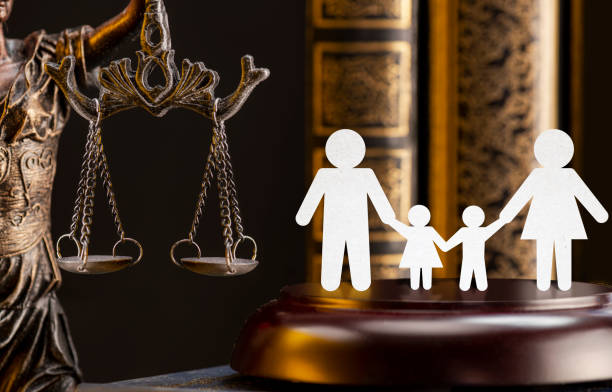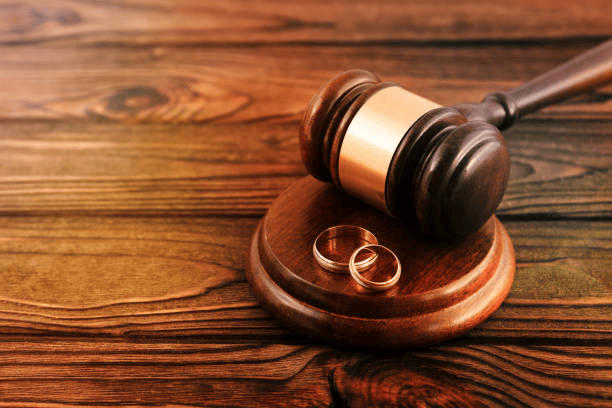Couples who want to tie the knot in Australia should familiarise themselves with marriage laws in Australia. Marriage is the legal union of two partners who agree to live together. It is a significant event in a person’s life, and it is important to understand the legal implications of getting married in Australia.
However, it is important to note that a marriage ceremony in Australia has several legal consequences for the parties involved. Read on to learn about marriage laws in Australia.
Key Takeaways
- The federal government, through the Marriage Act 1961, regulates marriage in Australia.
- Australian law recognises only monogamous marriages, being marriages between two people, including same-sex marriages, and does not recognise any other forms of union.
- In the case of foreign marriages, the foreign marriage certificate is normally adequate proof of marriage.
- Civil marriage celebrants have authority to conduct and solemnise civil wedding ceremonies.
- The Family Law Act 1975 governs matters related to divorce in Australia. Courts can grant divorce on grounds of irretrievable breakdown of the marriage.
Unique Aspects of Marriage Laws in Australia
1. Same-sex marriage: Australia was one of the early adopters of marriage equality and it legalised same-sex marriage in December 2017.
2. No religious requirement: There is no religious requirement for marriage in Australia. This means that couples can choose to have a civil ceremony or a religious ceremony, whichever they prefer.
3. Registered marriage celebrants: Only registered marriage celebrants can perform marriage ceremonies in Australia. Celebrants can be religious or non-religious, and the government must approve them.
4. Pre-marriage counselling: All couples in Australia generally attend a pre-marriage counselling session with their celebrant. This session is designed to help couples prepare for marriage and to ensure that they understand the legal and practical implications of marriage.
Marriage in New South Wales
To get legally married in NSW, you must:
- Not already be married
- Not be marrying an immediate family member or in any prohibited relationship
- Be able to understand what marriage means and freely consent to it
- Be married by an authorised marriage celebrant
- If one of you is under 18, you must also have court approval from a judge or magistrate to marry and consent from your parent or guardian.
Here are some additional marriage laws in Australia, NSW:
- You do not need to be an Australian citizen or permanent resident to get married in Australia.
- You must complete a notice of intended marriage form and give it to your celebrant between 1 and 18 months before the wedding.
- You must also show your celebrant documents that prove your date and place of birth, identity, and that any previous marriages have ended.
- On the day of the wedding, you will sign 3 marriage certificates with your celebrant and witnesses.
- Your celebrant will register the marriage with the registry of births, deaths and marriages in the state or territory where the ceremony took place.

Marriage Laws in Australia: Relevant Acts and Legislations
The following acts and legislations are relevant to marriage laws in Australia:
1. Marriage Act 1961: The Marriage Act 1961 is the primary legislation governing marriage in Australia. It sets out the requirements for a valid marriage in Australia, including the age and consent requirements, the notice of intended marriage, and the solemnisation and registration of marriages
2. Sex Discrimination Act 1984: The Sex Discrimination Act 1984 prohibits discrimination based on sex, marital status, and pregnancy in a range of areas, including employment, education, and the provision of goods and services. This act also ensures that a minister of religion or religious marriage celebrant or chaplain cannot refuse to marry a couple based on the grounds of the sexuality or gender.
3. Family Law Act 1975: The Family Law Act 1975 governs divorce in Australia. It provides for the dissolution of marriage, the division of property, and the care and welfare of the children of the marriage.
Pros and Cons of Financial Agreements in Marriages
Whether or not it is advisable to get a prenuptial agreement in Australia depends on your circumstances. Binding financial agreements can be a good way to protect your assets and interests in the event of a divorce. However, they are not necessary for everyone, and there are some potential drawbacks to consider.
Pros of binding financial agreements
1. Protect your assets: Prenuptial agreements can help protect your assets from being divided with your spouse in the event of a divorce. This can be especially important if you have significant assets, such as a business, investment property, or inheritance.
2. Reduce conflict: Prenuptial agreements can help to reduce conflict and uncertainty in the event of a divorce. By setting out how assets will be divided in advance, couples can avoid having to negotiate these matters during an already difficult time.
3. Provide peace of mind: Prenuptial agreements can provide peace of mind for both partners, knowing that their financial interests are protected.
Cons of binding financial agreements
1. Complexity: Financial agreements can be complex and difficult to understand. It is important to have a lawyer review your agreement before you sign it.
2. Potential to damage the relationship: Some people believe that such agreements can damage the relationship by introducing a sense of mistrust. However, if couples discuss the prenuptial agreement openly and honestly, it can strengthen the relationship.

The Importance of Seeking Legal Advice Before Marriage
We hope this article has helped you understand basic marriage laws in Australia, especially in NSW. Couples eventually want to get married for the sake of their relationship’s progress, aside from its benefits. However, there are a lot of legal requirements and pitfalls that couples may face. With that being said, JB Solicitors’s family lawyers can help with:
- Marriage counselling referrals for couples
- Orientation for couples on the legal requirements of marriage
- Drafting binding financial agreements
- Divorce procedures
- Overseas marriage procedures and related legal matters
Contact us today if you need more clarification on marriage laws in Australia.
